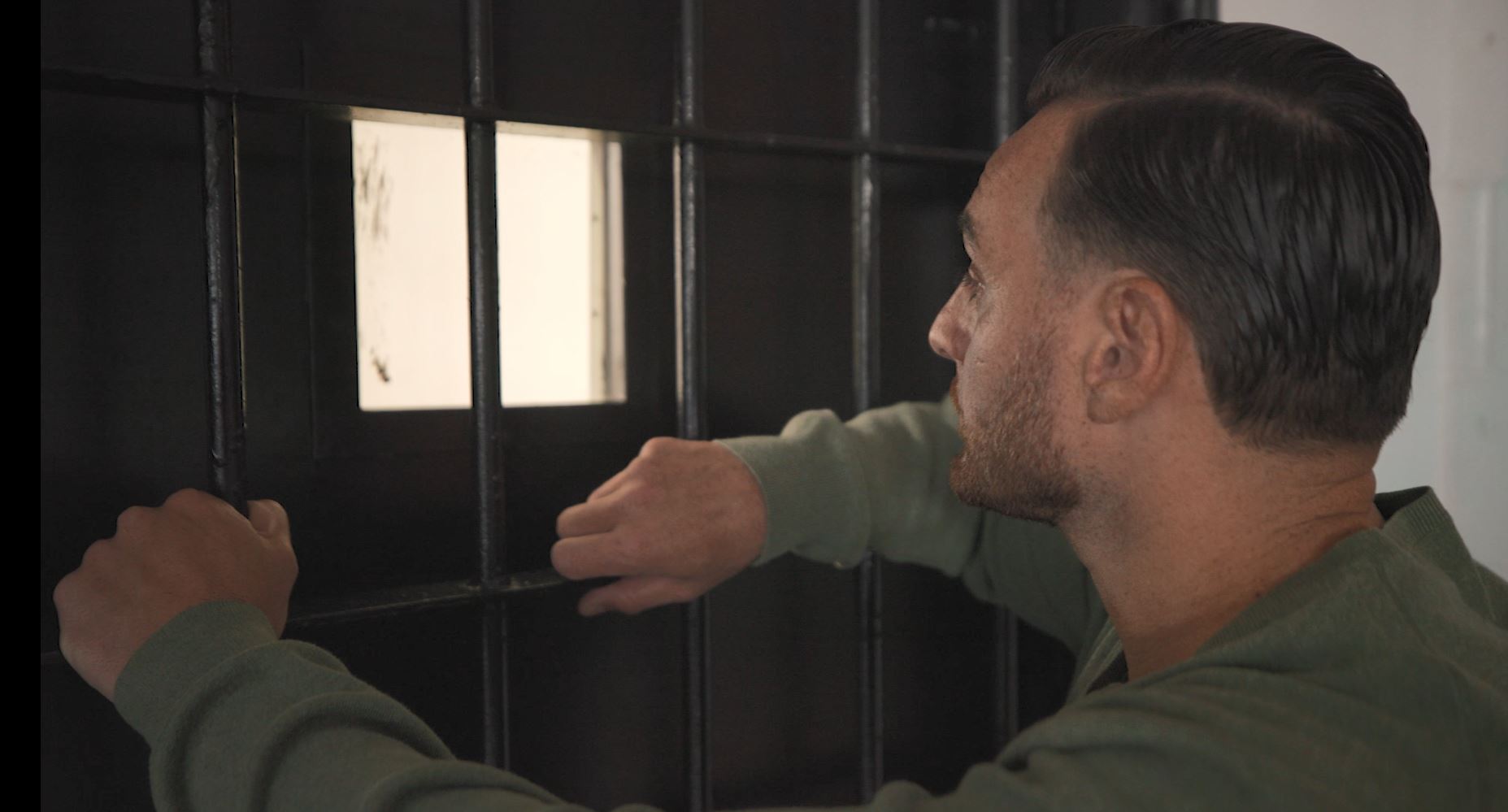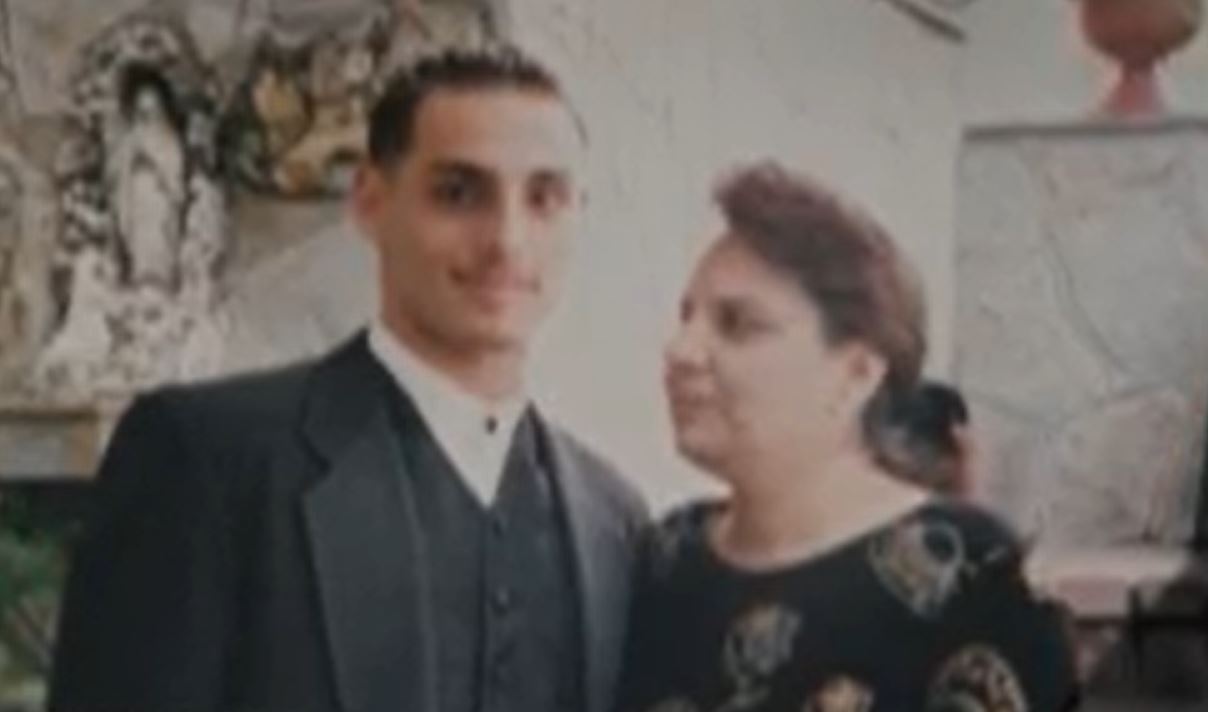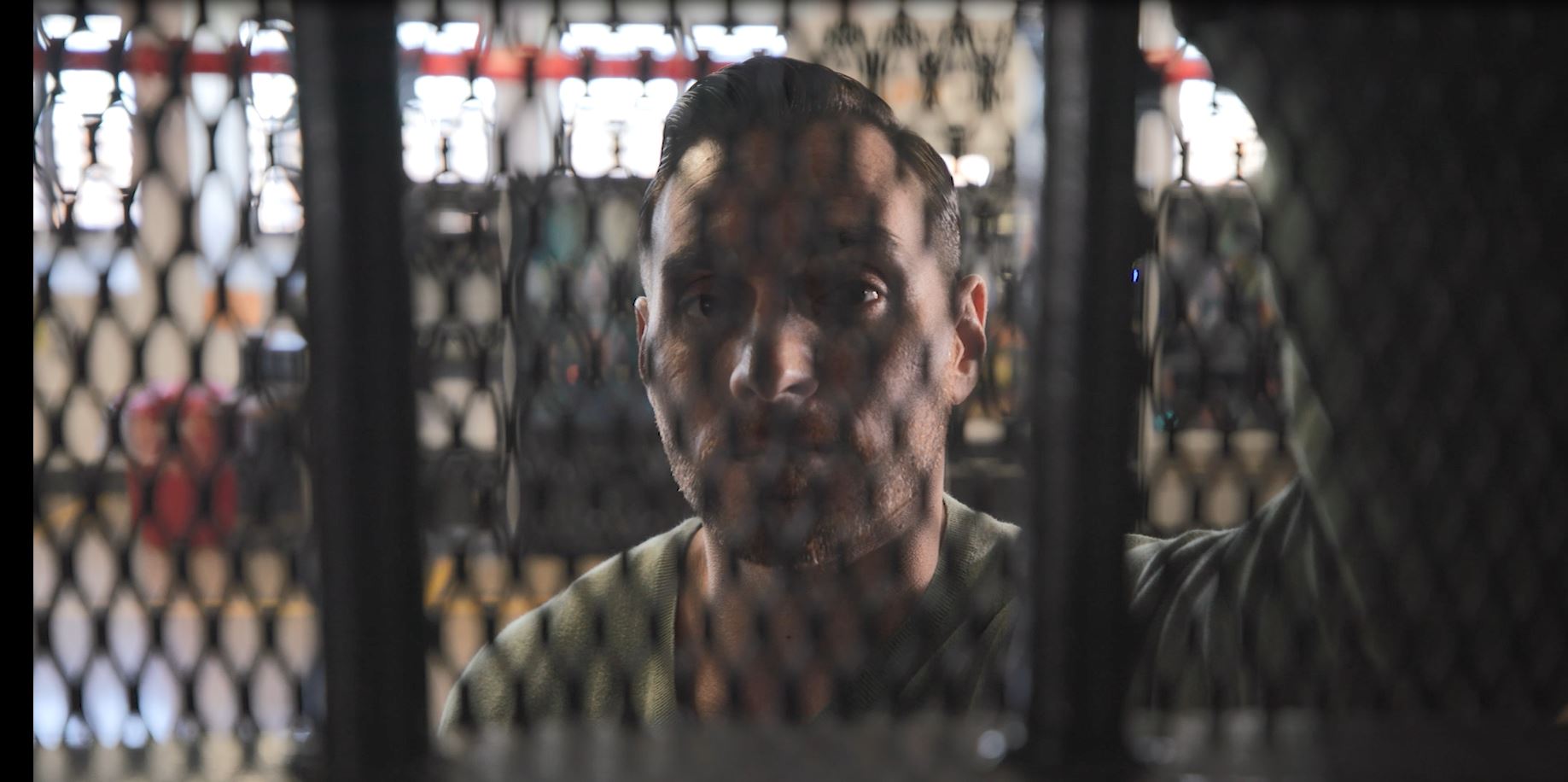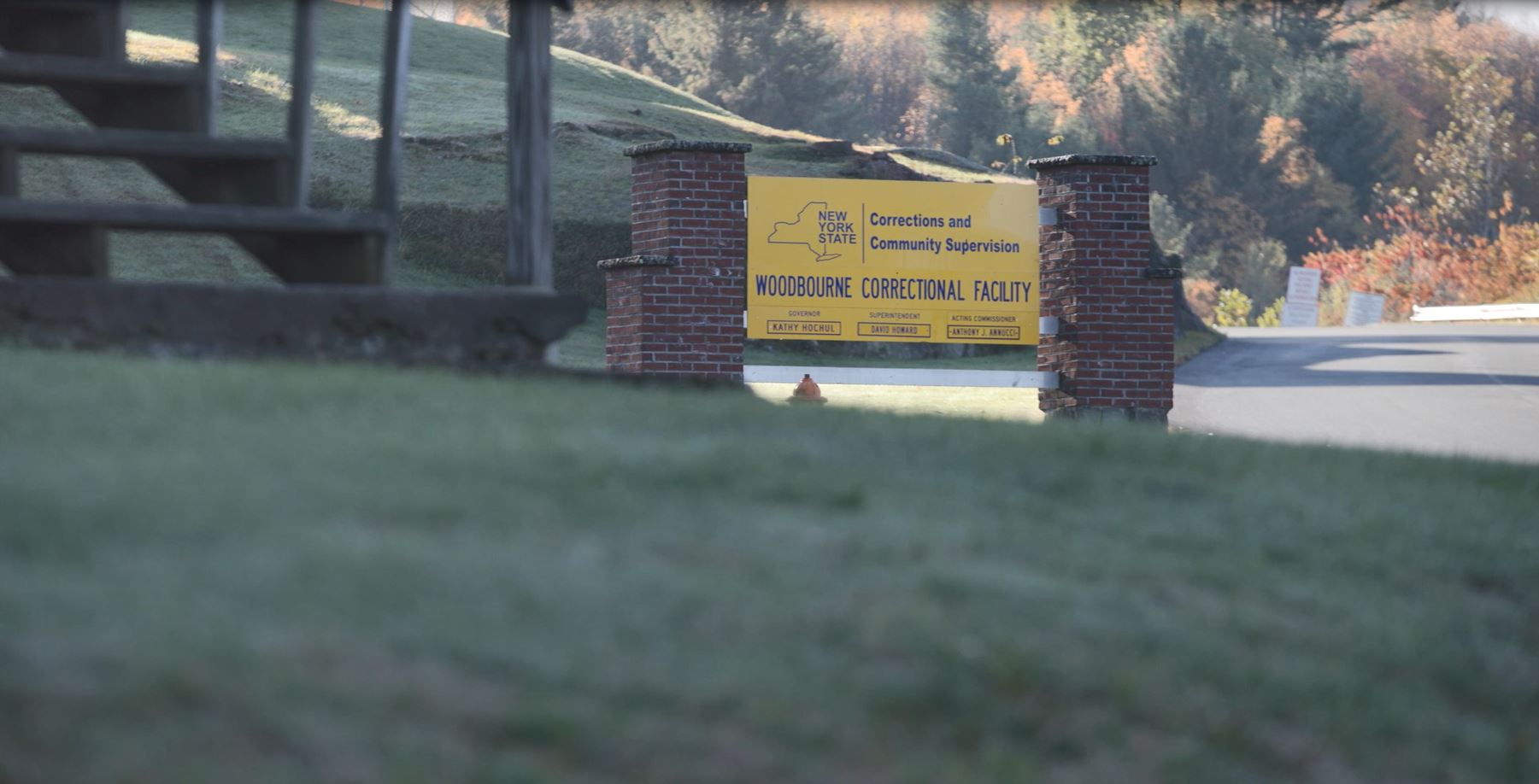More Stories
A former Westchester high school football star convicted of killing a rival nearly two decades ago spoke publicly for the first time about the crime and how it unfolded.
Ayman Marji sat down with Senior Investigative Reporter Tara Rosenblum at the Woodbourne Correctional Facility.
He told News 12 that he is speaking publicly about the murder for the first time because he knows that a lot of people can relate to his story, and he hopes it can save lives.

"I just threw away all my hopes and dreams. I just knew that," he says. " I just knew that everything that I wanted to do, accomplish myself at the time was out the window."
Marji was only 23 when he was sentenced to 20 years to life for killing 26-year-old Omar Torres Colon just a week before Christmas along Yonkers Avenue in 2004.

The former Roosevelt High School football standout, who later played for the University of New Haven, had transferred to Manhattan College to be closer to home in 2004.
"I missed being around the guys in the neighborhood, so I came back," he says. "Probably one of the worst decisions I've made in my life."
During the day, Marji coached players at Somers High School and enrolled in Manhattan College with a major in physical education.
During the day, Marji coached players at Somers High School and enrolled in Manhattan College with a major in physical education.
At night, he led a different lifestyle.
"After high school, I kind of surrounded myself with individuals on Elm Street - the drug dealers, individuals, almost like gang-related individuals that carry guns, I was attracted to everything that it attracted. The fast woman, the going out, the partying and hanging out, drinking - that's what I was attracted to," he says.
Tension was mounting in the area at the time due to a longstanding turf war that escalated the night Marji's cousin was grazed by a bullet.
"While we were in the hospital to see if he's going to recover, I received a phone call, a blocked phone call, saying they're going to come for me, next to my mother, and they gave me my home address," he says. "I didn't know what to believe. I just ran, put my head down. I was scared to death."
"While we were in the hospital to see if he's going to recover, I received a phone call, a blocked phone call, saying they're going to come for me, next to my mother, and they gave me my home address," he says. "I didn't know what to believe. I just ran, put my head down. I was scared to death."
He says he stole a gun the next day.
"I didn't know if it was loaded. It was a revolver. I just grabbed it to have it on me. I went to his neighborhood," he says. "First thing he did was reach inside of his jacket, try to get something out of his jacket...that's the point where I just blanked out. I was just pointing the gun, and I just ran away."

Marji says that he believes he's not a bad person but admits he made a horrible decision.
"A horrible decision that affected so many lives," he says. "I don't think I ever forget to fully forgive myself. The shame and the guilt I live with on a daily basis will remain with me for the rest of my life, 'cause I know how much pain and suffering of course so many people, so many people."
In hindsight, Marji says that he wished he and Omar had the opportunity to sit down and talk.
"And to understand that there's more to life than the reputation or the vanity that we held on to so true at a young age. That we can live positive lives and move forward and go our separate ways if we had any differences, but it didn't have to come to this point in our life. And I apologize for that."
'UNDER THE GUN'
Marji spoke with Tara Rosenblum as part of a wider investigation into gun violence across the tri-state.
Her team is investigating the access that killers, like Marji, have to illegal weapons, and the impact it is having on crime rates in an upcoming documentary called "Under the Gun."
Marji has been working on programs behind bars to address the crisis and will be included in the special project.

More from News 12
2:10

After veteran is wrongly billed posthumously, Turn To Tara helps family clear charges
1:46

Data reveals more than half of elementary school-aged children have cavities

Jill Biden's ex-husband pleads not guilty to murdering wife
2:20

NY officials vow action on enforcement gap exposed in Turn To Tara trafficking probe
2:33

Bard College president named over 2,000 times in emails and documents tied to Jeffrey Epstein
1:41
